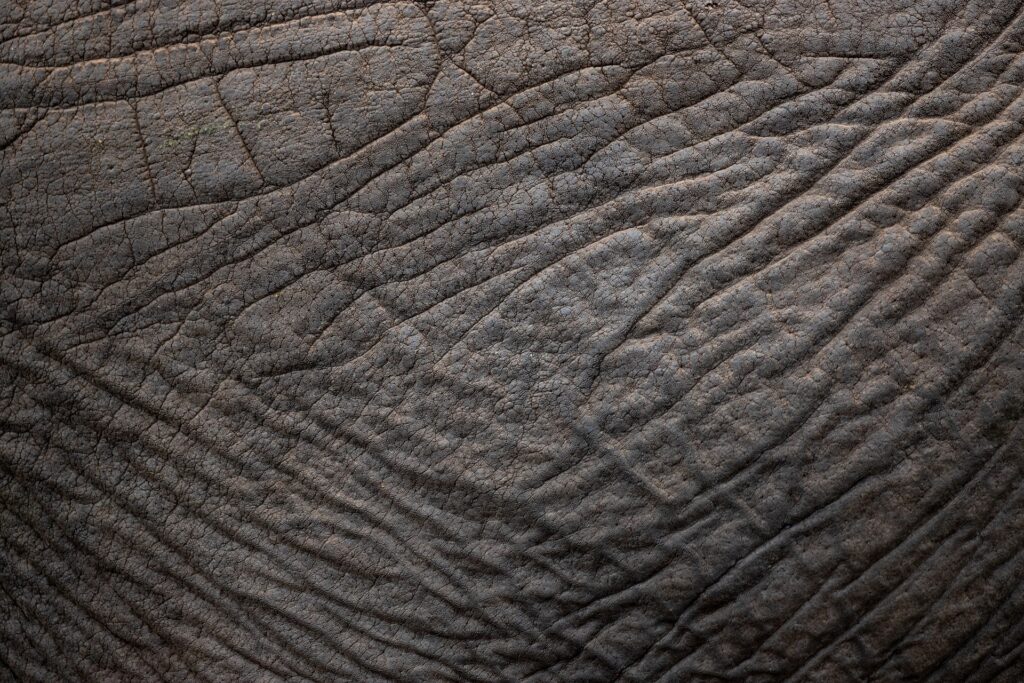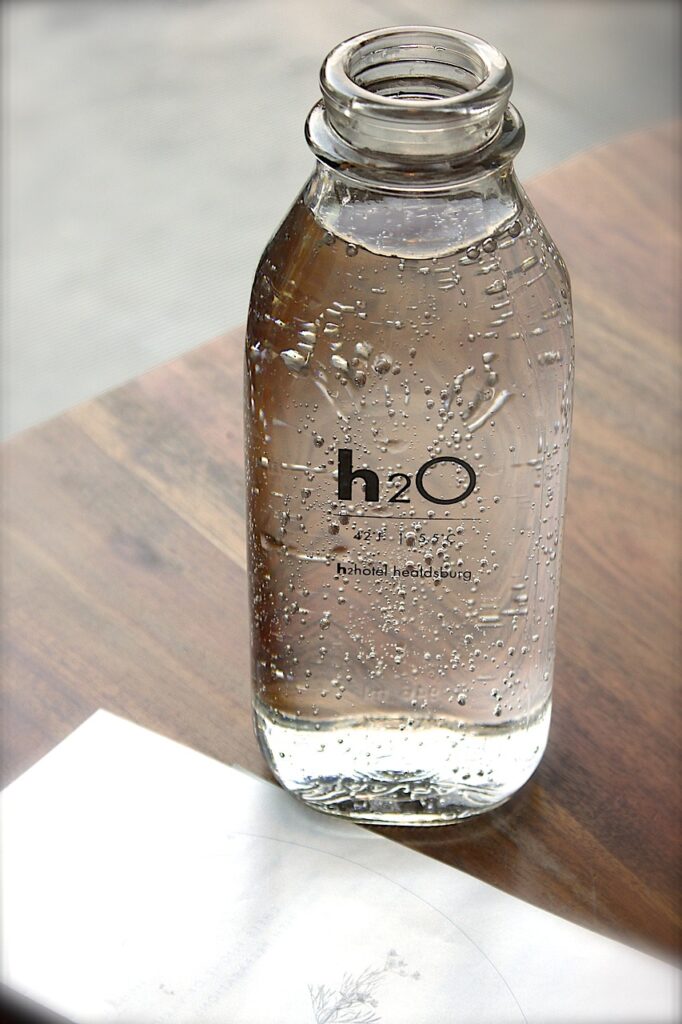10 Signs You’re Not Drinking Enough Water

2/3 of the human body is made up of water. And no one can live more than a few days without water. Water is needed for the cells and tissues that make up our bodies. Water also regulates body temperature. That is, water helps to store body heat in cold weather and to release heat through sweating in hot weather. Water plays a major role in keeping all joints functioning properly and keeping the eyes moist. Water also removes waste from the body by acting as a diuretic. In short, water keeps our skin hydrated and prevents wrinkles and dryness.Water is also essential for proper digestion. Now you understand that water is an essential factor for the proper functioning of our bodies. Therefore, it is very important to keep your body hydrated and not dehydrated. Therefore, you can do things like drinking water frequently. Eating more water-rich foods.
Sometimes, more water than normal can be lost from the body. Among these, strenuous exercise for a long time, excessive sweating due to excessive heat, bowel movements, vomiting, frequent urination due to diabetes, etc. can be pointed out as the most important things to be concerned about. Due to such conditions, the salt concentration ratio of your body changes, dehydration occurs, etc. The proper functioning of the body can be impaired. Many people do not have a correct understanding of whether their body is getting the right amount of water. See if you have these 10 symptoms. If you have one or more of these symptoms, you can identify in advance whether your body is dehydrated due to drinking less water.
1. Headache and dizziness
If you feel dizzy or have a headache, it can be a major sign that your body is not getting enough water. The reason for this is that when the amount of water in our body decreases, the pressure of the protective fluid around the brain decreases. When this happens, the brain starts to move around more than before in this fluid. This can worsen headaches and headaches. In addition, due to the lack of water in the body, the amount of blood and oxygen supplied to the brain decreases, which causes dizziness. In this way, when the headache starts, the first thing we do is take 2 Panadol tablets, and then drink a glass of lukewarm water and wait for about 10 minutes. When we drink Panadol, the headache gets better with the glass of water we drink with the tablets. It takes at least 20 to 30 minutes for those Panadol tablets to dissolve, be absorbed into the body, and paralyze the nerves. Although it is said that headaches decrease after taking Panadol, in reality the headaches are reduced by the water we drank.
2. The state of not remembering anything, of not having anything come to mind
The human brain is made up of 3/4 of water, so even a small amount of water loss can affect the brain. This condition affects the brain’s decision-making ability, memory, and mood changes. Dehydration can also cause symptoms such as forgetfulness, difficulty concentrating, and difficulty speaking. A 2013 report found that lack of water in the body is the main cause of impaired brain function, in addition to fatigue, lack of sleep, and prolonged standing. A 2011 report found that people who drank less water performed significantly lower cognitive tasks in competitions.

3. Bad breath and dry mouth
Bad breath is a major sign of dehydration. Lack of water reduces the production of saliva in the mouth. This causes the saliva to stagnate and stop swallowing. This often leads to bacteria growth and a foul odor. Many people only drink water when they are thirsty. Our lives have become so busy that no matter how busy we are, keeping a bottle of water nearby and drinking it regularly is good for your health.
4. Constipation and other digestive problems
Staying hydrated is super important for our digestive system! When we don’t drink enough water, it can impact how our body processes food. Water plays a key role in digestion, and when we’re low on it, our small intestine tends to soak up most of the water, along with the enzyme amylase. This can make our stools quite thick when water is finally absorbed in the large intestine, leading to some uncomfortable and irregular bowel movements.
5. A sudden desire to eat different foods at the same time.
Whenever you feel a strong desire to eat, try drinking a glass of water first. Dehydration can cause your body to misinterpret signals, making you think you’re hungry when, in fact, you might just be thirsty. If you find yourself craving salty foods, it could be due to an imbalance in your body’s salt concentration and a need for water. In such cases, consuming something salty might satisfy that craving, but it’s often better to opt for a drink like lemon juice or another fruit juice mixed with a pinch of salt, as these are more beneficial for your body.
6. Decreased urination and dark yellow urine
The truth is that if the urine does not come out after a few hours, the body is dehydrated. A healthy body urinates six to seven times a day. The waste products that are constantly coming out of the body, such as toxins that are filtered by the kidneys, must be eliminated from the body. Not urinating for 6 to 7 hours is very harmful to the body. Also, pay attention to the colour of the urine. A healthy person’s urine is light yellow. If it is very yellow, it is clear that she is dehydrated. Especially if there is a situation where it is difficult to urinate, the problem is far from over. At such times, it is good to drink at least 2 glasses of water quickly.

7. Tiredness and laziness.
If you feel tired and lethargic without doing much work, it is a sign of dehydration. As mentioned earlier, when your water concentration decreases, the pressure in your cells and the oxygen concentration decrease. Brain function also decreases. When your water level decreases too much, your muscles lose their strength and energy. It is just like a tree withering away without water. That is when you feel tired and lethargic. Even without water, your cells need to be maintained and not die, so drinking plenty of water is the easiest and best way to stay active and alert throughout the day.
8. Joint and muscle pain.
When her muscles and joints hurt, it is often due to a lack of hydration. The cartilage in the joints requires a sufficient concentration of water to function properly. If the water concentration drops below 80%, the joints can rub against each other like an unlubricated machine, causing pain. However, when hydration levels are adequate, she can engage in activities such as running, dancing, and walking without any discomfort. Additionally, low water levels can contribute to hair loss. Proper hydration is also important for effective strength training with weights.
9. Dryness and chapping of lips
The reason why the skin becomes less elastic and becomes dry is due to the lack of water in the body. The skin, which is the largest organ of the body, needs a lot of water to stay healthy. When your skin is dehydrated, the dirt and dust that accumulate on the surface of the skin do not get removed properly. Since the body needs to remove the toxins produced by the body, dehydration can lead to skin diseases like acne, eczema, and psoriasis. Chapped lips are a sign of a lack of water. This condition occurs because the oil production decreases and the lips dry out. Try to control these conditions by drinking water.
10. Increased heart rate
The concentration of water in the body significantly affects the heart rate. When water levels decrease, blood volume drops, leading to an increased heart rate as the heart works harder to pump blood. Research has shown that for every 1% decrease in water content in the body, the heart rate increases. Additionally, a reduction in blood volume can lead to lower blood pressure. This change in blood concentration can disrupt the regular rhythm of the heartbeat, which may result in symptoms like stress and anxiety. If you notice your heartbeat increasing, it’s beneficial to drink a glass of water, preferably in small sips rather than all at once.
Okay, now that we’ve talked about the symptoms that the body displays due to not drinking enough water, let me give you some tips on how to prevent dehydration.
Drink plenty of water, at least 8 glasses. Start your day with a large glass of water. Also, drink a glass of water before each meal. If you are a very busy person, set a reminder on your phone to drink water. Carry a glass of water with you wherever you go. Eat foods that contain a lot of water. Avoid drinking alcohol, energy drinks, and dehydrating drinks like soda. Drink rehydrating drinks like Jeewani when you have illnesses like fever and diarrhoea. If you have symptoms like persistent headache, not urinating for more than 8 hours, increased heart rate, persistent thirst, or problems with your pulse, see a doctor immediately.
To stay informed about important information like this, like and follow our social media. If you think this is important to someone else, please share it.
